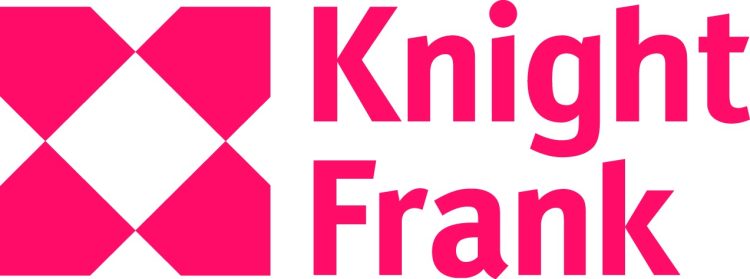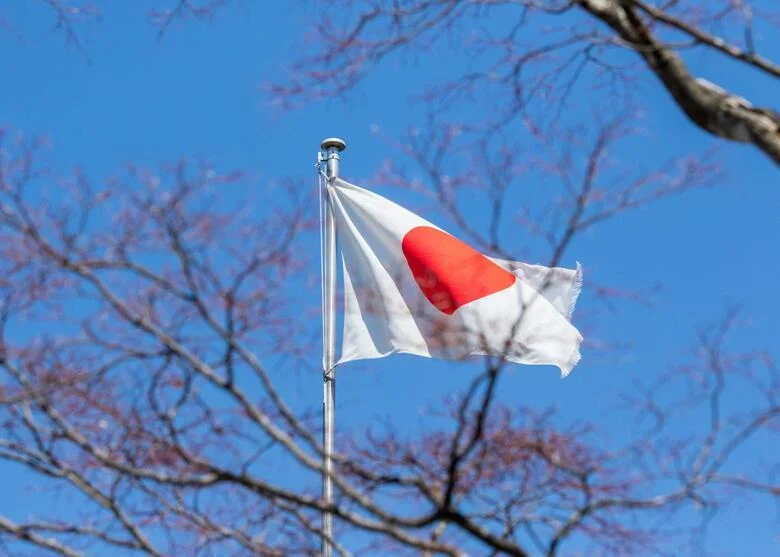Publisher: Maaal International Media Company
License: 465734
Knight Frank: Riyadh leads Saudi retail rebound as consumer spending surges to SAR 1.41 trillion
اقرأ المزيد
Saudi Arabia’s retail market is poised for further growth after a strong recovery in 2024, driven by rising consumer spending, rapid digital adoption, and major developments in luxury and experiential retail, according to the latest Saudi Arabia Retail Market Overview from global property consultancy Knight Frank.
Total consumer spending, including cash withdrawals, grew by 7% to SAR 1.41 trillion in 2024, up from SAR 1.31 trillion in 2023. Notably, while point-of-sale (PoS) transactions were up 9% year-on-year to SAR 668bn (US$ 178bn), e-commerce grew by 26% to SAR 197.4bn (US$ 52bn), reflecting a dynamic shift in consumer behaviour and purchasing channels.
Riyadh remains at the forefront of this retail resurgence, accounting for 2.2 million sqm of the 4.9 million sqm of new supply planned across Saudi Arabia’s five largest cities by 2030. The capital’s retail recovery is further reflected in rising headline rents at regional and super-regional malls, which climbed by 4% to SAR 2,848 psm in the 12 months to the end of Q1 2025.
The city’s total retail supply reached 4 million sqm during Q1, driven in part by the opening of major developments such as Solitaire Riyadh (65,000 sqm), which introduced a blend of upscale retail and leisure experiences.
Looking ahead, approximately 540,000 sqm of new retail space is set to enter the market in 2025, with total stock expected to reach 5.2 million sqm by 2026, reflecting a 20% increase in just two years.
Upcoming projects such as Qiddiya, The Avenues Riyadh and Jawharat Riyadh are also reshaping the urban retail landscape, creating vibrant, lifestyle-oriented spaces that align with Saudi Arabia’s Vision 2030 goals of improving quality of life and diversifying the economy.
Jonathan Pagett, Partner – Head of Retail Advisory, MENA said: “Population growth combined with rising disposable incomes are accelerating Riyadh’s retail transformation. In response to changing consumer behaviour, developers are prioritising experiential formats, with over half of upcoming projects incorporating entertainment zones, dining experiences and cinemas to create vibrant, leisure-centric urban spaces.”
WORLD-CLASS LUXURY RETAIL DESTINATION
As part of its Vision 2030 strategy, Saudi Arabia is positioning itself as a world-class luxury retail destination. The Kingdom is actively working to attract leading global brands, aiming to enhance its appeal to affluent tourists and high-net-worth residents.
Prominent international brands such as Gucci, Hackett London and Steve Madden have recently expanded their presence in Saudi Arabia, reflecting the Kingdom’s growing demand for diverse and luxury fashion brands. In the food and beverage sector, global names like Zuma, Jones the Grocer and Sexy Fish have entered the market, bringing upscale dining experiences to a rapidly evolving hospitality landscape.
Konstantinos Papadakis, Associate Partner – Food and Beverage Consultancy, MENA, added: “The food and beverage segment continues to solidify its role as a cornerstone of retail performance. According to the Saudi Central Bank, almost a third of all POS transactions in 2024, equivalent to SAR 198.6bn, were at restaurants and cafés. This underscores the importance of integrating innovative and high-quality F&B concepts to enhance the consumer experience and increase dwell times in retail environments.”
EVOLVING CONSUMER BEHAVIOUR
Faisal Durrani, Partner – Head of Research, MENA, said: “Notwithstanding the increase in luxury brands, many Saudi consumers remain value-driven, with a growing inclination towards private and affordable labels, promotional offers and user-friendly digital platforms that offer both convenience and competitive pricing. This hints perhaps at the need to ensure new retail offerings offer a healthy mix of affordable brands”.
The buy-now-pay-later (BNPL) segment is another area gaining traction, offering zero-interest, Shariah-compliant solutions that appeal to a broad consumer base. Dominated by Tabby and Tamara, which together hold a 95% market share, BNPL is now integrated across both online and physical retail, enhancing short-term purchasing power.
Rising digital literacy is also catalysing the e-retail market, which now accounts for nearly 40% of all PoS transactions, underscoring the rapid pace of digital adoption and the integration of online and offline retail channels across the Kingdom.
Amar Hussain, Associate Partner – Research, Middle East, said: “This transformation is not limited to one demographic; it is being propelled by tech-savvy Saudi youth, budget-conscious seniors and experience-seeking international tourists, each contributing to the diversification of retail segments and creating demand for more personalised, omni-channel shopping experiences that blend convenience, value and engagement. These trends all point toward a more diversified, modern and investment-ready retail environment.”













